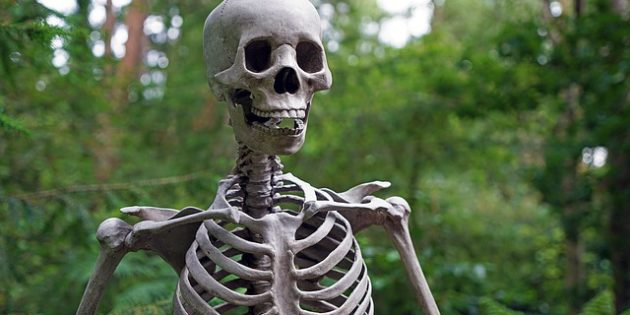I get e mails constantly from people who have successfully used different ways to help them remember all sorts of information. Of course many of the e mails are from students who are struggling to remember all sorts of weird and wonderful things.
It is always a delight when I hear from a student who has found a way to remember something important to their studies.
Often they have used a device known as a mnemonic. Now a mnemonic is simply an aid to memory and so anything you use to help you remember something is technically called a mnemonic.
If you tie a knot in your handkerchief to remind you to do something then strictly speaking that is a mnemonic. Even using tools like Mind Mapping should be considered as a mnemonic device because it can be used as a very powerful memory aid.
But over the years, the term mnemonic has come to mean those little tricks that don’t fall into a memory technique in their own right but do have a play to part in helping you remember stuff.
Examples are using rhymes – Remember, Remember the 5th of November.
Or strategies like taking the first letter of what you are trying to remember and use that for an easier word.
For example the most mnemonic’d set of information must be the order of the planets in our solar system from the sun:
Mercury, Venus, Earth, Mars, Jupiter, Saturn, Uranus, Neptune and Pluto
If you take the first letter of each planet (now I know Pluto has been de-categorised so just imagine it is still a planet for now) and then create a new sentence with words starting with those letters, but in the same order, then we get something like:
My Very Easy Method Just Speeds Up Naming Planets
Most people can remember what the planets are but struggle with the order.
A simple sentence like this (or similar variants using the same first letters) allows us to recall the order much easier than simply reciting the planets over and over again.
Now just recently, Lyndsey (a medical student) contacted me to tell me how she used a mnemonic to help her remember some information concerning anatomy.
She had to remember the 12 cranial nerves which are:
Olfactory, Optic, Occulomotor, Trochlear, Trygemenal, Abducens, Facial, Vestibulocochlear, Glossopharangea, Vegas, Acessory, Hypoglossal
Now I don’t know what this lot does or its importance but I do know that medical students have to remember this because I have had to work with people before to help them remember this information.
I once worked with the daughter of a very wealthy family and we ended up creating a wacky visualised story that involved the pump room of their swimming pool, a large nose and the towels in their sauna (don’t ask!!).
Anyway, Lyndsey like all good students (not!) was revising in front of the television (now I won’t go into detail here but Lyndsay, really, do you think that is a good idea – OMG! I am sounding like my mother!)
Anyway Lyndsey tells me she was watching Oprah at the time, the episode about soldiers returning from Iraq and was inspired to come up with a mnemonic to remember the 12 cranial nerves which was:
Old Oprah Occupies Troops Trying Abnormally Fast Vessels Going (to) Vegas (with) Accesories (in her) Hair
Nice one Lyndsey – and it works too. She said at the end of her e mail:
Helped me in the exam anyway!!Who said T.V was a distraction to studies!!Ha ha Hope you let other Anatomy students know about this one!
Well I have shared it and if you are a medical student I hope this helps you too.
